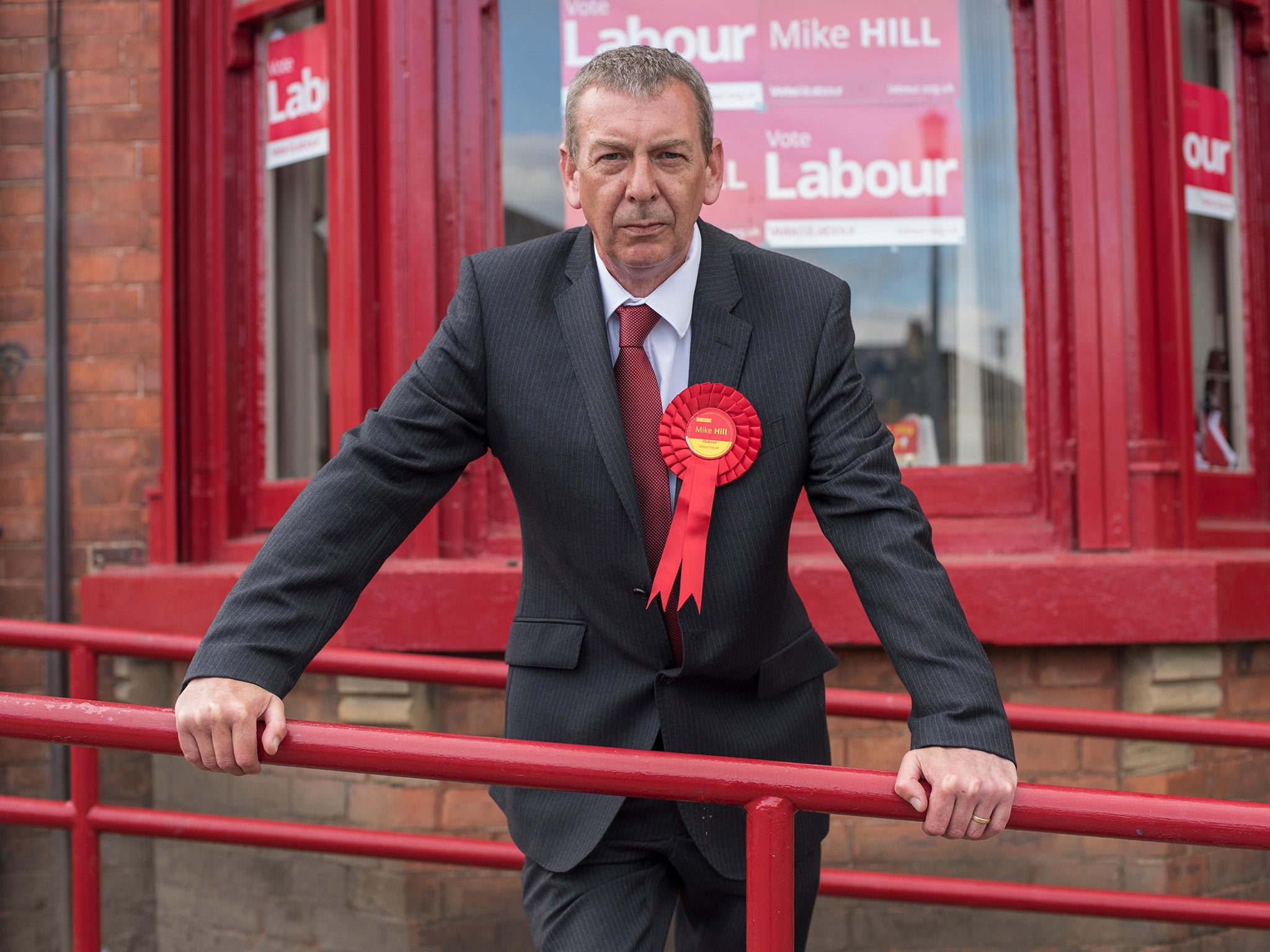What are the tests for the parties in the elections on 6 May?
All parties will probably claim success in the patchwork of polls across Britain, writes John Rentoul


There are so many elections being held on 6 May – some of them last contested in 2016, others in 2017, and a by-election in Hartlepool last fought in 2019 – that all of the parties will probably be able to boast of some success somewhere.
First, bear in mind that we won’t know the results of any of the elections until late on Friday 7 May, and in many cases not until the weekend or the start of the following week. Because of coronavirus restrictions, returning officers are not planning to count votes overnight.
When we do get the results, they will be harder than usual to interpret. Many of the elections were postponed from last year. These are: Scottish and Welsh parliaments; London mayor and assembly; mayors of Bristol, Liverpool and Salford; many local councils in England; and police and crime commissioners (PCCs) in England and Wales.
All of these were last contested in 2016, when Labour trailed the Conservatives by four points in national opinion polls, as compared with seven points today. On current trends, therefore, we would expect Labour to lose a little ground in local council and PCC elections, while holding all the mayoralties, including London.
Opinion polls in Scotland and Wales suggest little change in either parliament. Nicola Sturgeon had been heading for an emphatic majority, which she would have claimed as a vote for a new referendum on independence, but the SNP has slipped in the polls during her recent stramash with Alex Salmond, her predecessor. In Wales, meanwhile, Mark Drakeford, the Labour leader of a Labour-Lib Dem coalition, may well gain a Labour-only majority.
Then there are the elections that were expected to be held this year anyway: “metro” mayors in Cambridgeshire & Peterborough, Greater Manchester, Liverpool City Region, Tees Valley, West Midlands, West of England and a new one in West Yorkshire; city mayors in Doncaster and North Tyneside; 21 county councils; six unitary councils (Cornwall, County Durham, Isle of Wight, Northumberland, Shropshire and Wiltshire); and one metropolitan district (Doncaster).
These were last contested in 2017 (apart from West Yorkshire, expected to be won by Tracy Brabin, Labour MP for Batley and Spen), when Labour was 18 points behind the Conservatives – and when it seemed that Theresa May was heading for an easy win in the general election.
Read more
On current trends, therefore, Labour ought to gain ground in these contests, which makes three Tory mayors vulnerable. Andy Street won the West Midlands by 0.8 points in 2017; Ben Houchen won Tees Valley by 2.2 points; and Tim Bowles won West of England by 3.2 points.
Finally, there is the forthcoming parliamentary by-election in Hartlepool, where Mike Hill, the Labour MP, has stood down. Labour has not yet confirmed the date, but the by-election is expected to be held on 6 May. On the face of it, the seat looks winnable by the Conservatives. Hartlepool voted 70 per cent Leave in the EU referendum, and the Tories only failed to win it in 2019 because Richard Tice, the Brexit Party candidate, picked up 11,000 votes, to the Tory’s 12,000 and Labour’s 15,000.
The story of these elections may come down to the Tories gaining an MP in Labour’s northern heartland versus Labour’s Liam Byrne defeating Andy Street to take control of the huge West Midlands metropolitan county.
Thanks to David Cowling for compiling the information on which this article is based
Join our commenting forum
Join thought-provoking conversations, follow other Independent readers and see their replies
Comments